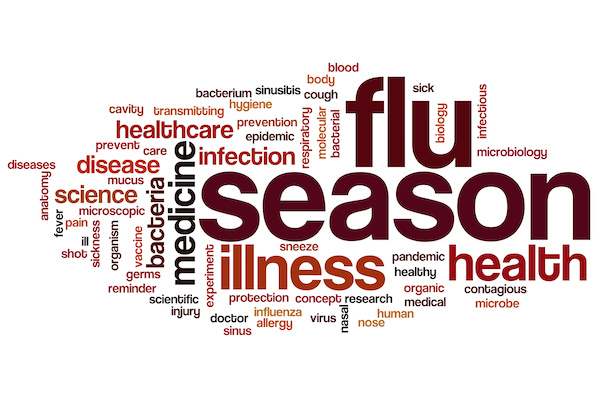WEDNESDAY, Oct. 19, 2016 (HealthDay News) — Sexually transmitted disease (STD) cases reached a record high in the United States in 2015, federal officials reported Wednesday.
There were more than 1.5 million chlamydia cases, nearly 400,000 cases of gonorrhea, and nearly 24,000 cases of primary and secondary (P&S) syphilis, the most infectious stages of the disease, the report detailed.
The largest increase in reported STD cases between 2014 to 2015 occurred in P&S syphilis (19 percent), followed by gonorrhea (13 percent) and chlamydia (6 percent), the report revealed.
Findings were published in the annual Sexually Transmitted Disease Surveillance Report released by the U.S. Centers for Disease Control and Prevention (CDC).
These results point to the need for increased STD prevention efforts, especially among those at greatest risk, officials said.
“We have reached a decisive moment for the nation,” Dr. Jonathan Mermin, director of CDC’s National Center for HIV/AIDS, Viral Hepatitis, STD, and TB Prevention, said in an agency news release.
“STD rates are rising, and many of the country’s systems for preventing STDs have eroded. We must mobilize, rebuild and expand services — or the human and economic burden will continue to grow,” Mermin warned.
In recent years, more than half of state and local STD programs have had their budgets cut. Those cuts led to the closure of more than 20 health department STD clinics in one year alone, the report noted. Fewer clinics mean people have reduced access to STD testing and treatment.
Chlamydia, gonorrhea and syphilis are curable with antibiotics, and widespread access to screening and treatment would reduce their spread, the CDC said.
Most STD cases go undiagnosed and untreated, putting people at risk for severe and potentially permanent health effects such as chronic pain, infertility and increased risk for HIV. In addition, sexually transmitted diseases cost the U.S. healthcare system nearly $16 billion a year, according to the report.
Young people ages 15 to 24 and gay and bisexual men are at greatest risk for STDs, and there continue to be increases in syphilis among newborns, the report said.
“The health outcomes of syphilis — miscarriage, stillbirth, blindness or stroke — can be devastating,” said Dr. Gail Bolan, director of CDC’s Division of STD Prevention.
“The resurgence of congenital syphilis and the increasing impact of syphilis among gay and bisexual men makes it clear that many Americans are not getting the preventive services they need. Every pregnant woman should be tested for syphilis, and sexually active gay and bisexual men should be tested for syphilis at least once a year,” Bolan said.
More information
The U.S. National Institute of Allergy and Infectious Diseases has more on STDs.
Copyright © 2026 HealthDay. All rights reserved.

